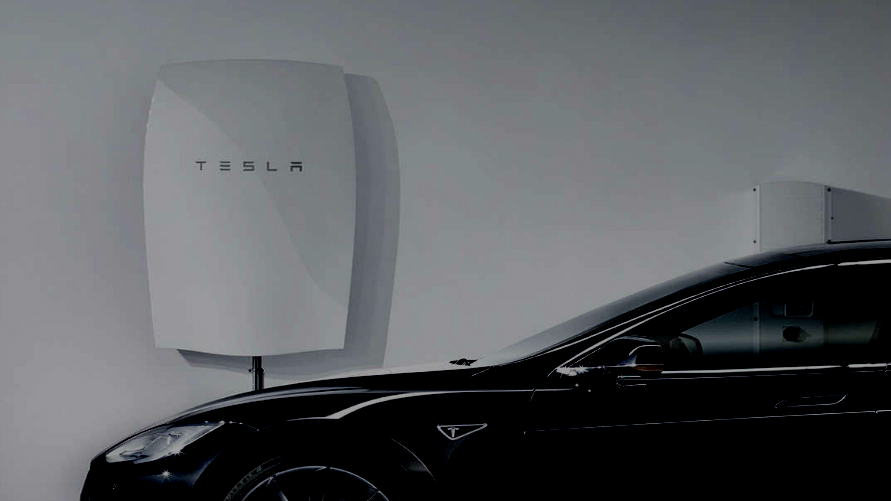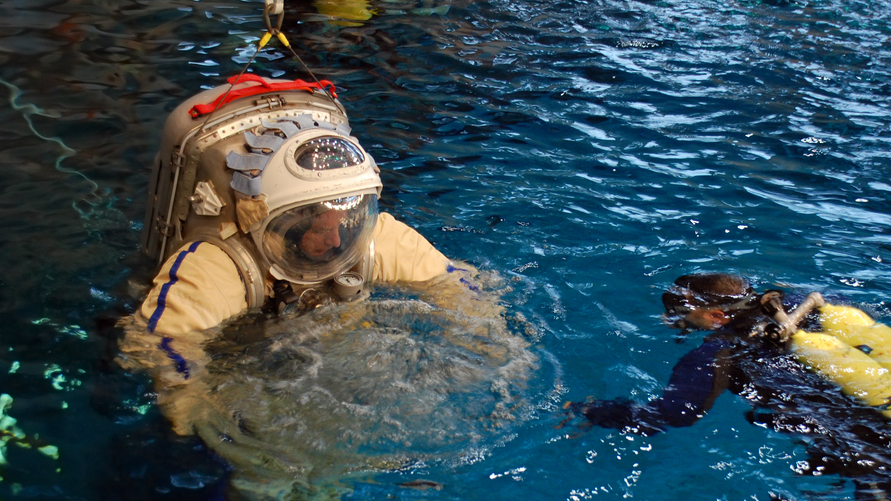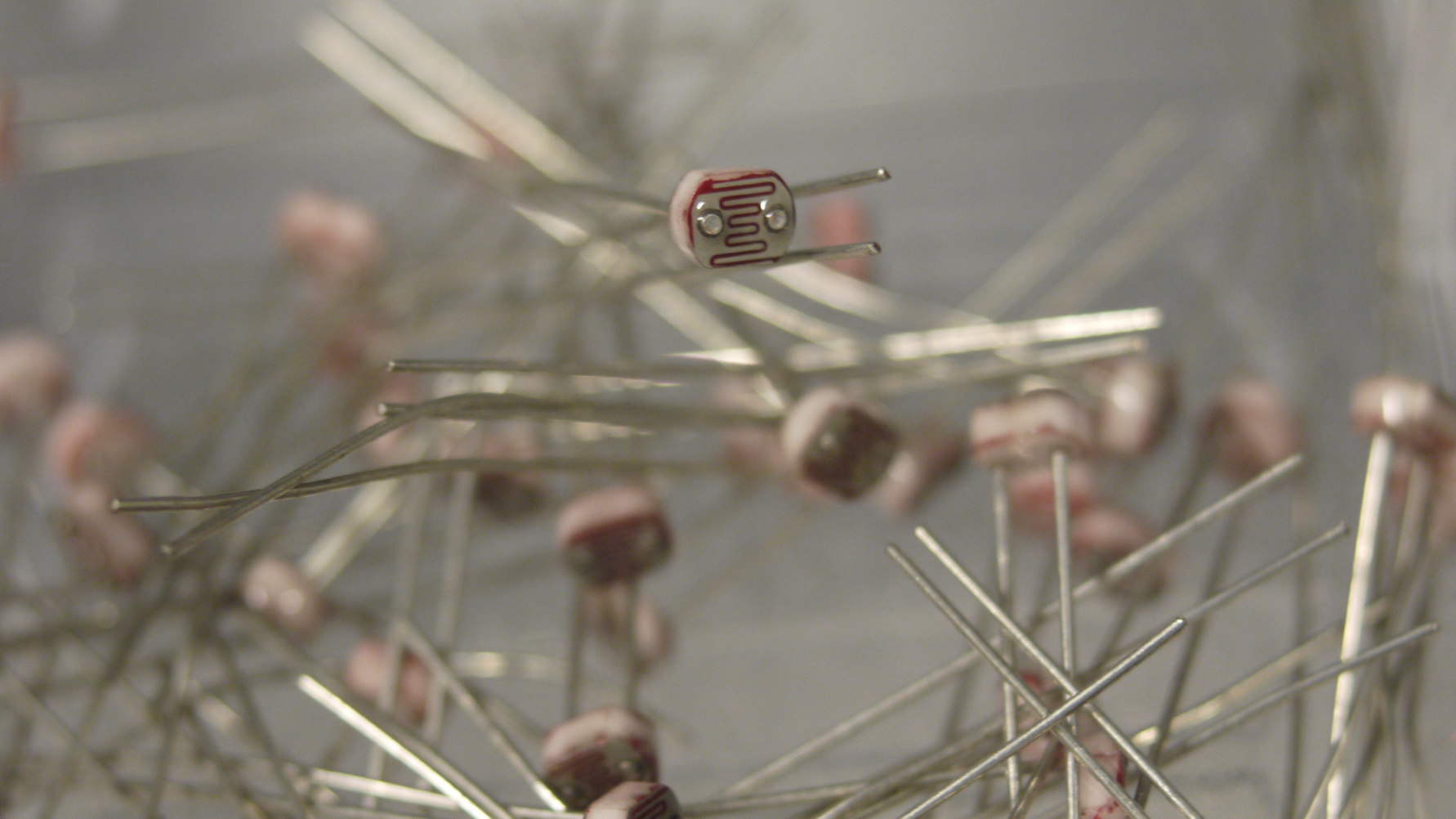Technology & Innovation
All Stories
As predicted, last night Elon Musk introduced a suite of Tesla batteries for homes and businesses. The technology is exciting now; it could be a game changer in the future.
Players are starting to drop out of eSports — complaining of crippling injuries that have halted their careers, which begs the question if eSports needs to reform to support these veterans.
Everything that makes Twitter great also makes it difficult to monetize. As investors flee, the days may be numbered for the Twitter we know and love.
Emotional intelligence is a double-edged sword: It helps us avoid common misunderstandings that result in hurt feelings, but in the wrong hands, it can become a tool of manipulation.
When a loved one dies, would you buy a perfume of their scent? Katia Apalategui would like to think so — after all, smell is a powerful thing.
Self-promoters should avoid humblebragging, lest they want to come off as inauthentic and obnoxious.
Google’s team of fashion data scientists recently released a report mapping the hottest clothing searches for the spring.
Babies as young as six months understand how to use a smartphone. But is there some risk in this kind of early media exposure?
Neuroscientists, ethicists, and general medical practitioners generally have a negative opinion of a future in which we’re all popping pills to gain an edge at work.
The major upshot of more and cheaper batteries and much more widespread energy storage could, in the long term, be a true energy revolution — as well as a much greener planet.
Dan Price, CEO of Seattle-based Gravity Payments, made headlines last week with his announcement of a bold new salary structure that will see all of his staffers make at least $70,000 annually in the next three years.
The value locked away inside asteroids is enough to raise the world economic ceiling to unbelievable heights.
There is an interdependent relationship among making money, having sex, and being physically healthy, according to new research published in the International Journal of Manpower.
Facebook COO Sheryl Sandberg recently implied that the company’s success with providing marketing tools for small-to-medium businesses could precede an eventual shift toward competition with TV advertising.
Have you ever emerged from the supermarket and wondered why you bought so many things not on your list? Congratulations, you’ve likely been manipulated!
Can a website’s design help persuade readers of the page’s message? Researchers think so, and they say it’s all about how readers interact with the site.
How much does a free app cost users in memory, data usage, and battery life? Turns out the ads within those free apps can consume 16 percent more energy and 22 percent more memory, and that’s just the tip of the iceberg.
By equipping chefs with sensor-fitted gloves, robots can easily learn the specific ways they prepare meals, opening the door to professionally prepared home meals.
Gain some ground before an interview by thinking about your best negotiating skill. Research has shown it helps boost performance.
Scientists have discovered a new protein that appears to supercharge the body’s own immune system, allowing it to compete against cancerous cells in ways that were previously impossible.
Most small-business owners or entrepreneurs avoid hiring friends or family because the professional and personal rarely mix well. If it can’t be avoided, the best course of action is to be firm in your dealings.
There’s a new medical device that allows people to take their blood (almost) painlessly.
Scientists come up empty-handed in their search for a “supercivilization,” but researchers remain hopeful.
“Human cruise control” may be the future of navigation, freeing us from latching our eyes at our smartphones for directions and, instead, concentrating on the journey.
Why would anyone work on the weekend? Turns out some people get a productivity high.
There’s a lot of pressure on millennials to start buying homes despite the fact that social norms have shifted in ways that discourage early home ownership.
South Korean researchers are serious (and seriously working hard) to bring the woolly mammoth back to life using cloning techniques that have already produced identical copies of dogs, cows, and, famously, Dolly the sheep.
Computer simulations of crash tests help car companies save money and meticulously examine the intricacies of high-speed destruction.
As NASA researchers strive to create training programs for future Mars missions, the lessons they learn have implications for other forms of training here on Earth.
The brain is a wonder of computational power, and engineers want to replicate it by creating a better neural network.





























